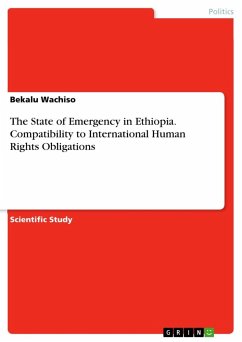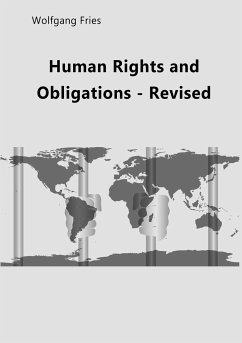
Human Rights Obligations of Non-State Actors

PAYBACK Punkte
88 °P sammeln!
The book discusses how developments in the fields of international responsibility and international criminal law have implications for building a framework for the human rights obligations of non-state actors in international law. In turn these international developments have drawn on the changing ways in which human rights are implemented in national law. A selection of national jurisdictions, including the United States, South Africa and the United Kingdom are examined with regard to the application of human rights law to non-state actors. The book's final part includes suggestions with regard to understanding the parameters of the human rights obligations of non-state actors. Key to understanding the legal obligations of non-state actors are concepts such as dignity and democracy. While neither concept can unravel the dilemmas involved in the application of human rights law to non-state actors, a better understanding of the tensions surrounding these concepts can help us to understand what is at stake.
Human rights activists increasingly address the activity of multinational corporations, the policies of international oganizations such as the World Bank and World Trade Organization, and international crimes committed by entities such as armed opposition groups and terrorists. This book presents an approach to human rights which goes beyond the traditional focus on states and outlines the human rights obligations of non-state actors. It finishes with examples of how non-state actors can be held legally accountable for their actions in various jurisdictions and suggests a framework for understanding the limits of human rights in this context.














